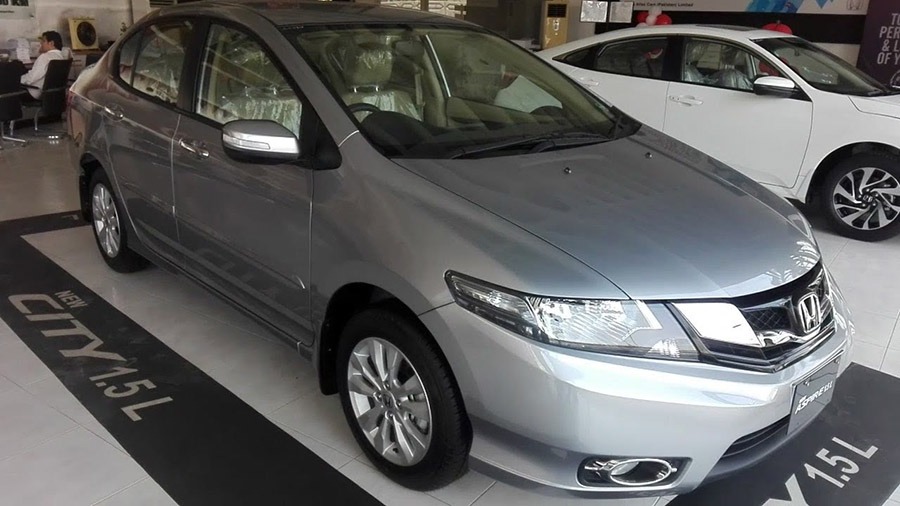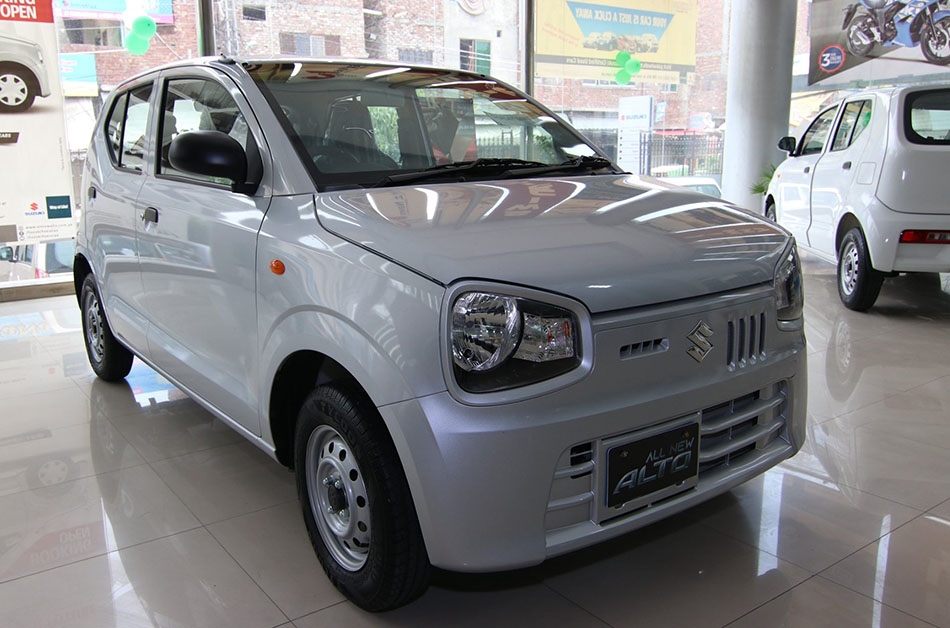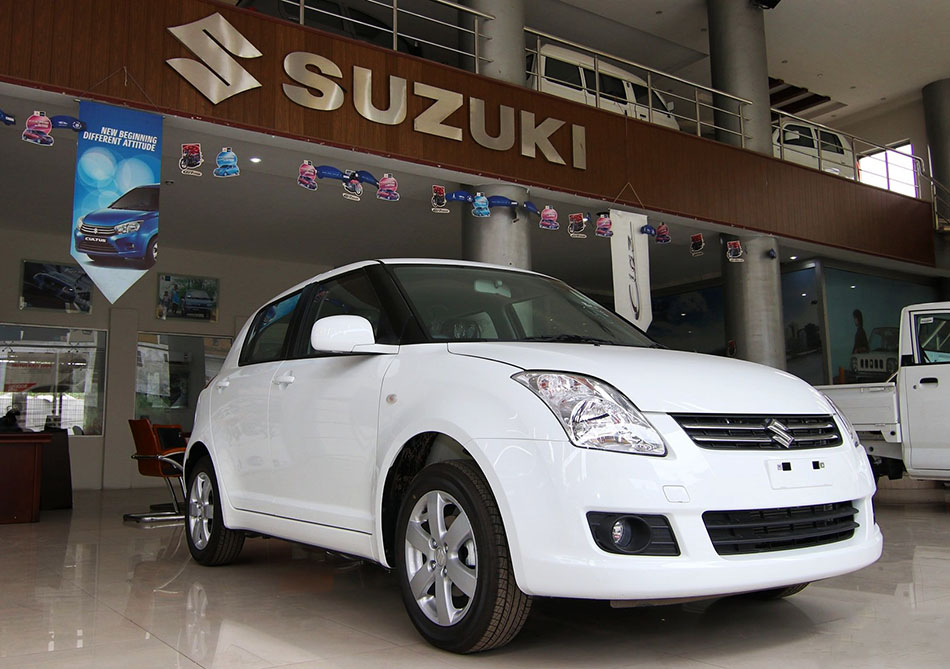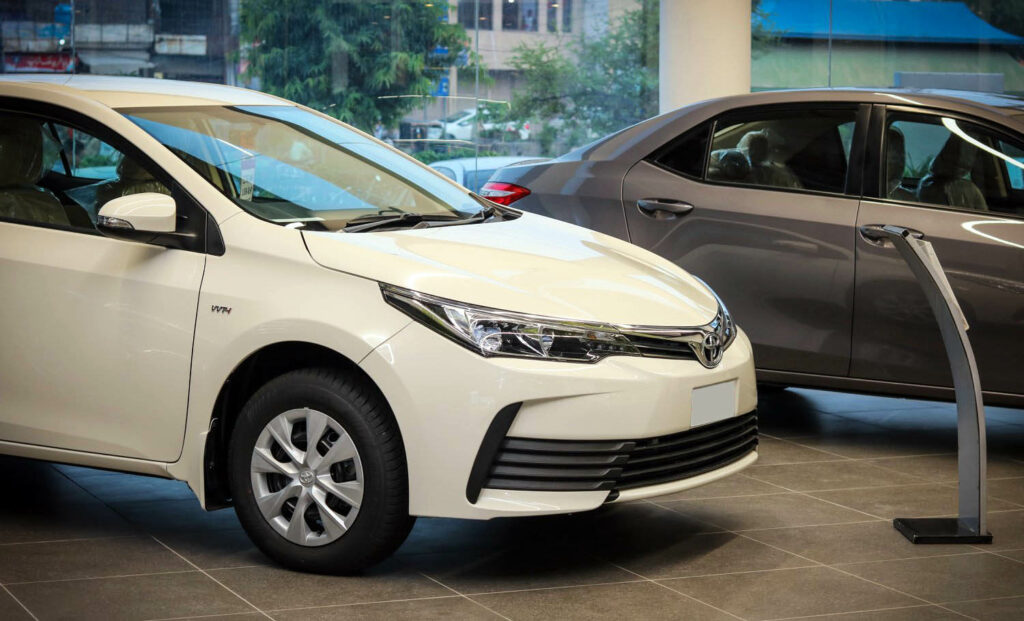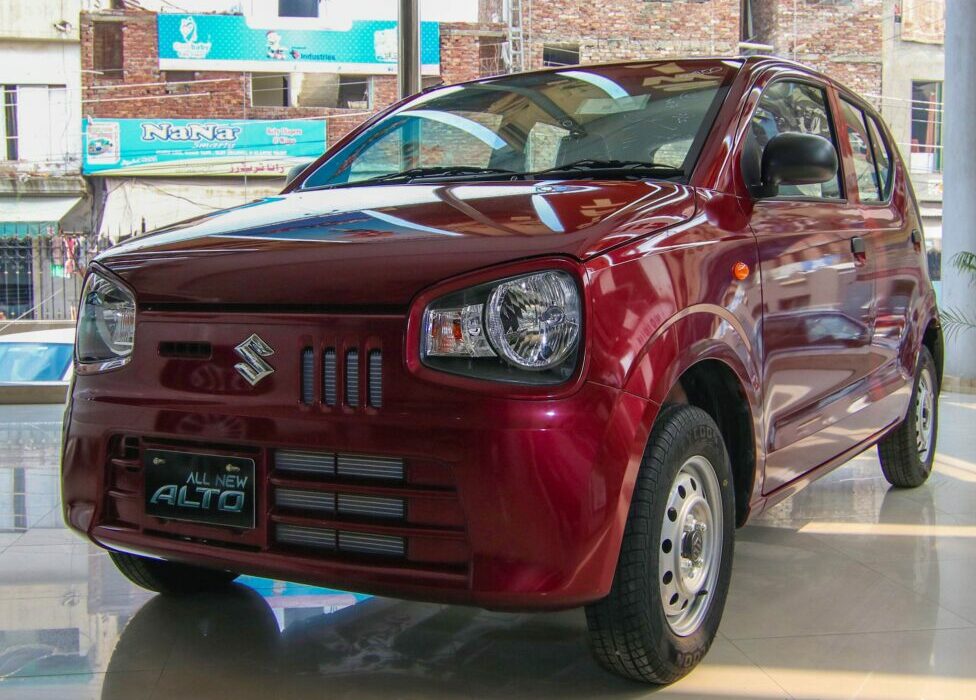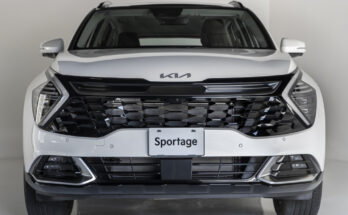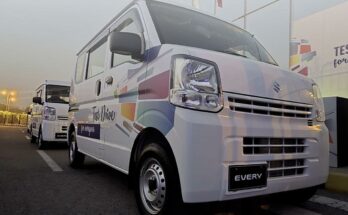Local assemblers will get haunt from the memories of Fiscal Year 2019-20 for a long time. The gloomy financial year ended with some terrible figures as the sales of locally assembled vehicles saw a deplorable 53% decline in FY2019-20 compared to sales from preceding year.
Related: Why JDM Cars Are Considered a Threat to Local Assembled Ones
Only 110,583 units were sold in the entire year compared to 235,229 units sold in the previous fiscal year. This is also the lowest-ever sales in a year after the economic downturn of 2008-09. Former Chairman of Pakistan Association of Automotive Parts and Accessories Manufacturers (PAAPAM) Mashood Ali Khan isn’t too hopeful about the future, he said:
“The situation for the auto industry is gloomy ahead, as only interest rate cut (in Budget 2020-21) was in favor while no other measure supported the auto industry. Jobs of people were not secure in other industries, so they were not buying cars. Besides, the auto part industry was also facing difficulties, as it was charged a higher amount of income tax.”
The auto industry was hit hard by the COVID-19 pandemic for which it was never prepared. Due to lockdowns enforced towards the 3rd week of March, industry for the first time recorded zero sales in April 2020 and while the lockdowns were eased towards the end of May, sales obviously require a lot of time to restore back to the normal. A 75% year-on-year decline was recorded in May 2020 whereas a 52% year-on-year decline was observed in June 2020.
The COVID-19 has negatively impacted the economic situation of many sectors hence affecting thousands of people associated with different walks of life. In these times of uncertainty, consumers are now spending on essential goods and services, and cars have become far from their minds. Considering this, the government needs to come forward and introduce measures, perhaps similar to what Malaysia did, that could help revive the ailing industry.
Related: Troubling Times for Honda in Pakistan
A few years ago Pakistan assembled around 250,000 cars annually and aimed to hit the 500,000 mark, however FY2019-20 saw merely 110,583 units produced so the target looks like a sheer fantasy now. However if we look, COVID-19 appeared towards the last 3 months of the fiscal year, whereas the sales were constantly on a decline ever since the beginning of the financial year. According to Mashood Ali Khan:
“The decline in automobile sector began in July last year when the government announced that non-filers of tax return can register only one vehicle against their CNIC. After that, we were burdened with additional customs duty of 7-11% and federal excise duty of up to 7.5%.”
Then later in 2019, the rupee depreciated against the US dollar adversely affecting the automobile sector, he added. The local industry had hoped that 2020 would be a year of revival of automobile demand and data of January and February was also encouraging. However, the numbers were still lower compared to sales figures for the corresponding months of previous year. Then out of nowhere the coronavirus pandemic hit the auto industry hard for which it was never ready.
Related: Is It Game Over for Pak Suzuki Alto?
Frequently rising car prices is also a key issue for which the sales have been terribly low during the last fiscal year. Citing Rupee depreciation, automakers substantially revised the prices multiple times and even did so when the currency was stable, perhaps to dampen the declining profit margins.
Local auto assemblers had already sought high priority government attention in shape of a stimulus package to deal with the impact of the coronavirus pandemic, however the Pakistan Automobile Manufacturers Association (PAMA) was disappointed over the absence of such measures in the Financial Budget 2020-21 where the government literally shown a cold shoulder to the auto industry.
Related: Pak Suzuki Swift Recorded Lowest-Ever Sales in a Fiscal Year
According to PAMA Director General Abdul Waheed Khan, the auto industry was expecting a stimulus package at least in the form of withdrawal of unnecessary and avoidable taxes such as Additional Customs Duty (ACD), Additional Sales Tax (AST), Federal Excise Duty (FED) of 2.5-7.5% depending on engine displacement and the turnover tax. While the budget had nothing in this regard, he said the government did not even consider the association’s proposals regarding the advance tax under Section 148 or corporate tax or other important measures.
In order to revive sales, serious actions are needed to be taken, both from the government’s end as well as the auto sector. While we have seen various discount schemes and price reductions in different markets in order to lure buyers into purchasing automobiles, this recipe of revival remains unknown to local assemblers.
Related: Are Local Assembled Cars Only Expensive?
Furthermore each passing day, the auto consumer is becoming more & more aware of the difference of products available in Pakistan versus those offered in the rest of the world. It’s not just the matter of price difference anymore; it’s the difference in quality, safety features & equipment on offer which is keeping most of the buyers away from buying overpriced local assembled vehicles which fail to meet the quality & equipment of imported cars.
From the looks of it, the road ahead isn’t going to be easy for the local assemblers at all. Sales from coming months will clear the picture regarding where the industry is heading. Perhaps the upcoming new options in relatively lower prices might help out in the gloomy situation. Want to share your thoughts, let us know with your feedback.

A computer animation professional with over 23 years of industry experience having served in leading organizations, TV channels & production facilities in Pakistan. An avid car enthusiast and petrolhead with an affection to deliver quality content to help shape opinions. Formerly written for PakWheels as well as major publications including Dawn. Founder of CarSpiritPK.com

